ぼくは明日、昨日のきみとデートする AKA My Tomorrow, Your Yesterday
- 7.4
- Romance
- 2016
- 1h 51m
- TV-14
a heartwarming and thought-provoking romantic drama that explores the unique love story of Takatoshi and Emi, two individuals connected by a mysterious twist of time. Directed by Takahiro Miki and based on Takafumi Nanatsuki's novel, this Japanese film takes viewers on an emotional journey filled with romance, destiny, and the challenges of a relationship where time flows in opposite directions. Beautifully acted and visually captivating, it’s a poignant tale about cherishing fleeting moments and the sacrifices love demands.

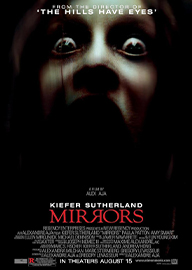
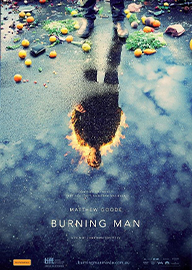
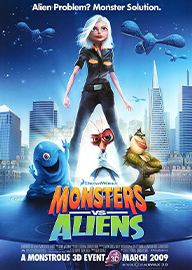
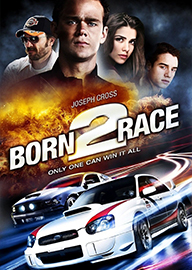



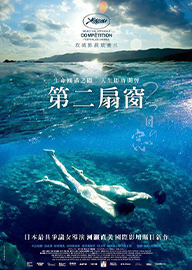




Comments
0Reviews
0Summery
1Please sign in to comment.
Please sign in to review.
My Tomorrow, Your Yesterday (2016), directed by Takahiro Miki and based on the novel by Takafumi Nanatsuki, is a poignant and uniquely crafted romantic drama that blends elements of love, fate, and time. The film explores the bittersweet intersection of two lives unfolding in opposite temporal directions, creating a narrative that is as heartwarming as it is heartrending. The story’s emotional resonance and philosophical depth make it an unforgettable cinematic experience, appealing to those who enjoy tales of love intertwined with profound existential questions.
The film revolves around the romance between Takatoshi Minamiyama, a 20-year-old art student, and Emi Fukuju, a mysterious young woman he meets on a train in Kyoto. Takatoshi is immediately smitten by Emi's captivating presence, and their connection is instantaneous and intense. However, as their relationship deepens, Takatoshi begins to notice peculiarities about Emi. These quirks are eventually explained by a shocking revelation: Emi lives her life in reverse chronological order. While Takatoshi experiences time in the usual forward direction, Emi's timeline is inverted, meaning that while this is Takatoshi's first meeting with Emi, it is her last encounter with him.
This narrative structure imbues the film with a unique emotional complexity. Each tender moment the couple shares is laden with a dual sense of joy and impending loss. For Takatoshi, the relationship is a new beginning filled with excitement and discovery. For Emi, however, it is a bittersweet farewell, as she has already experienced the culmination of their love story. This temporal dissonance creates a profound tension, as their love is bound by the inevitability of time pulling them apart. The film invites viewers to contemplate the transient nature of human connections and the beauty that lies in fleeting moments.
Kyoto serves as a picturesque backdrop for the story, with its serene landscapes and historic architecture amplifying the film’s dreamlike quality. The cinematography captures the essence of the city, weaving its tranquil beauty into the emotional fabric of the narrative. The changing seasons mirror the progression of Takatoshi and Emi's relationship, emphasizing the ephemeral nature of their love. Every scene is meticulously crafted to evoke a sense of wonder, with sunlight streaming through trees, cherry blossoms in full bloom, and quiet rivers reflecting the passage of time.
The performances of Sota Fukushi as Takatoshi and Nana Komatsu as Emi anchor the film, delivering nuanced portrayals that bring their characters' emotional struggles to life. Fukushi captures Takatoshi's earnestness and vulnerability, while Komatsu embodies Emi's enigmatic and melancholic aura. Their chemistry is palpable, making their relationship feel authentic and deeply moving. As the story unfolds, their interactions oscillate between lighthearted joy and profound sadness, reflecting the duality of their temporal connection.
The film's exploration of time and memory is both poignant and thought-provoking. It delves into the idea that love transcends linear temporality, suggesting that the value of a relationship lies not in its duration but in the intensity of the emotions shared. Emi's perspective on life, shaped by her reverse timeline, offers a fresh lens through which to view the fleeting nature of human existence. Her ability to cherish each moment, knowing it is her last, serves as a powerful reminder of the importance of living in the present. My Tomorrow, Your Yesterday also raises questions about destiny and the choices we make. Takatoshi and Emi’s connection feels preordained, yet it is their actions and emotions that give their relationship meaning. The film invites viewers to reflect on the interplay between fate and agency, and how love can exist even in the face of insurmountable odds. The bittersweet ending reinforces the idea that some connections, though transient, leave an indelible mark on our lives.
The soundtrack, composed by Suguru Matsutani, complements the film’s tone perfectly, with its gentle piano melodies and evocative orchestral arrangements. The music enhances the emotional weight of the story, underscoring key moments with a sense of tenderness and longing. Each note resonates with the themes of love and loss, heightening the impact of the narrative. In conclusion, My Tomorrow, Your Yesterday is a beautifully crafted film that combines a unique premise with heartfelt storytelling. Its exploration of love, time, and the ephemeral nature of human connections makes it a deeply moving experience. The film’s emotional depth, stunning visuals, and memorable performances create a lasting impression, ensuring it remains a standout in the realm of romantic dramas. For those who appreciate stories that blend romance with philosophical musings, this film is a must-watch, offering a poignant reminder of the beauty and fragility of life.